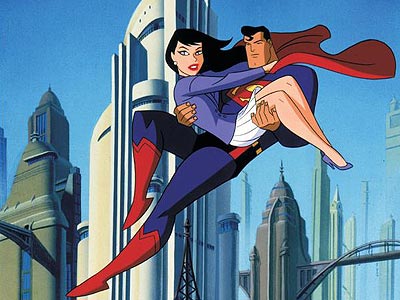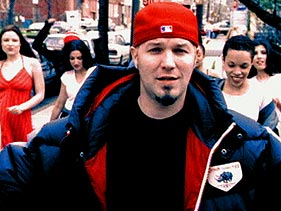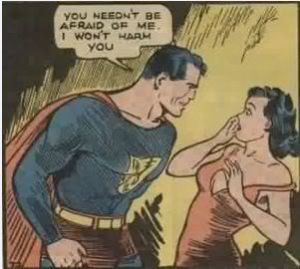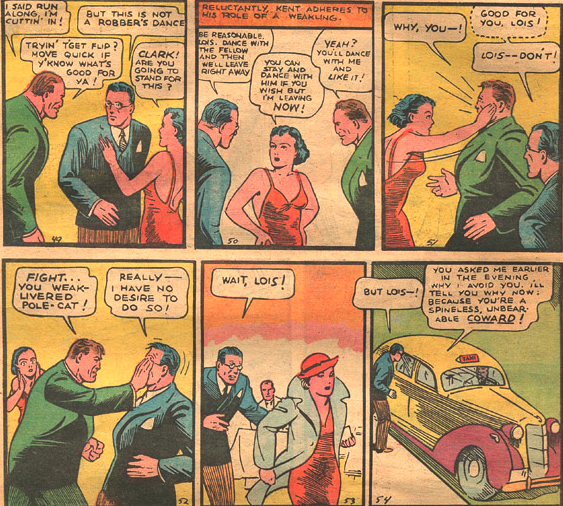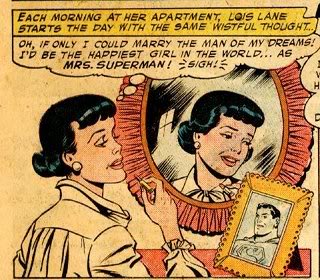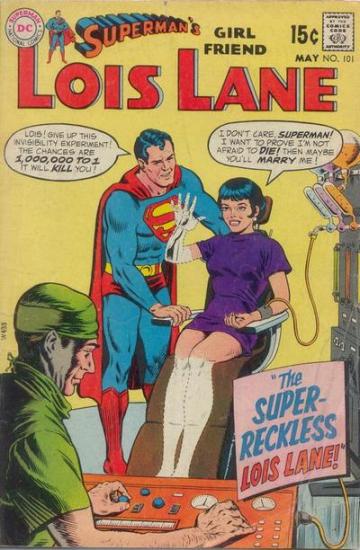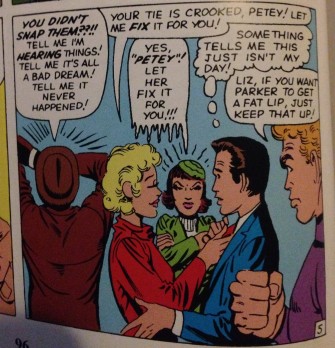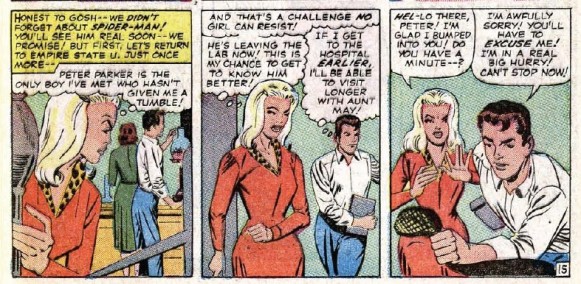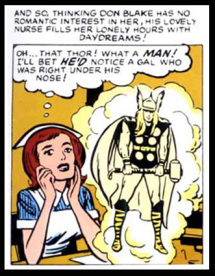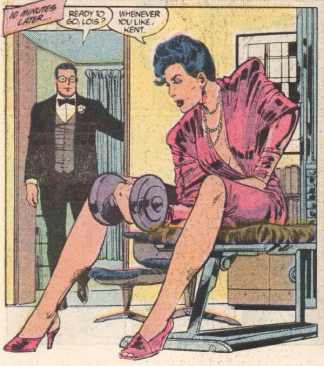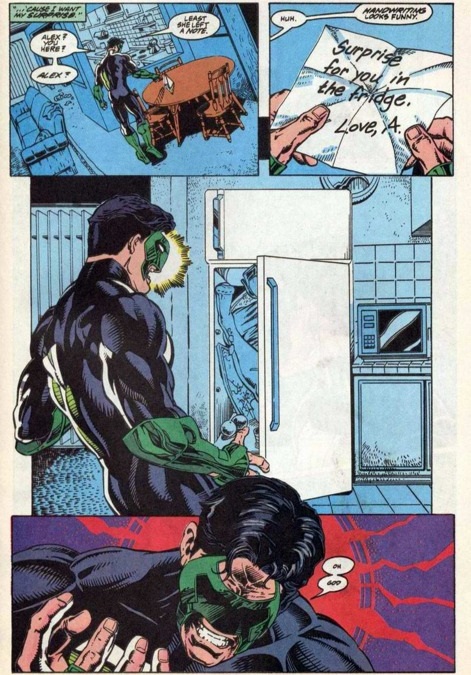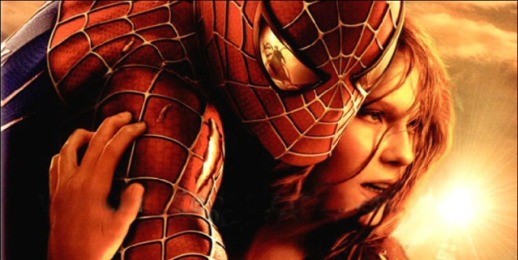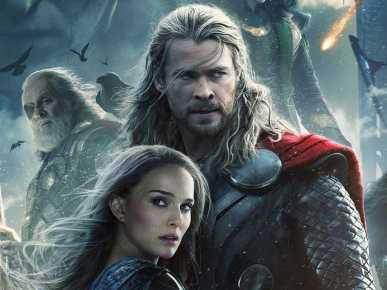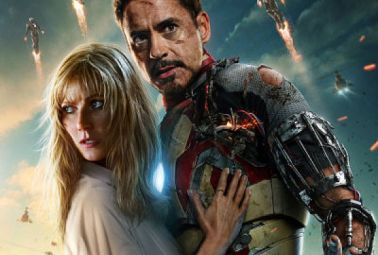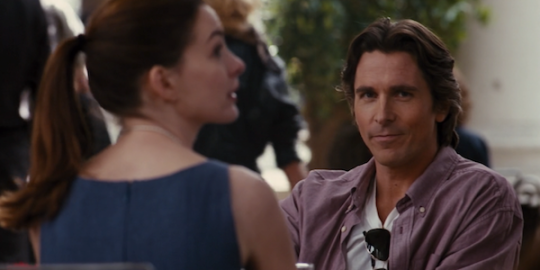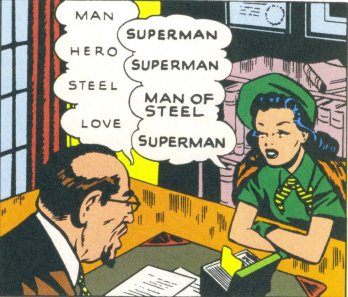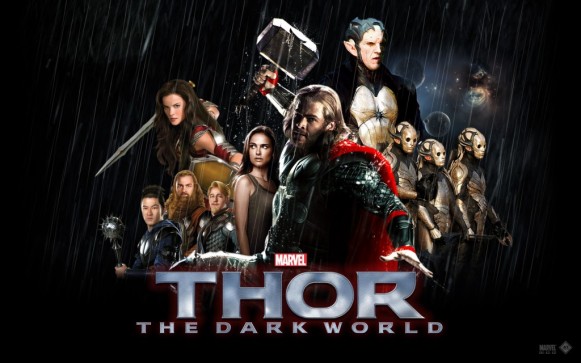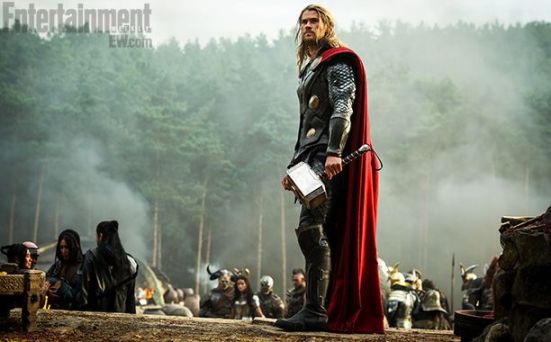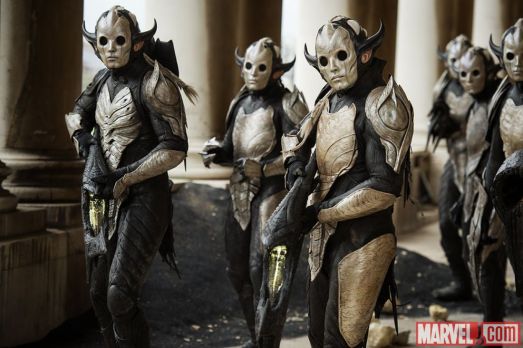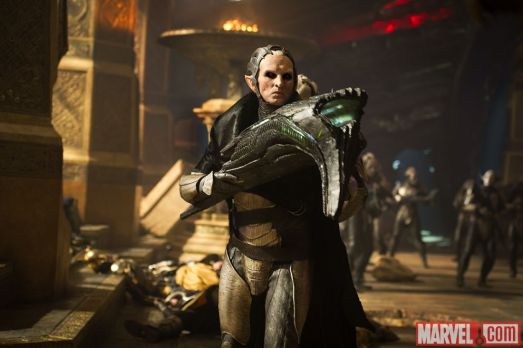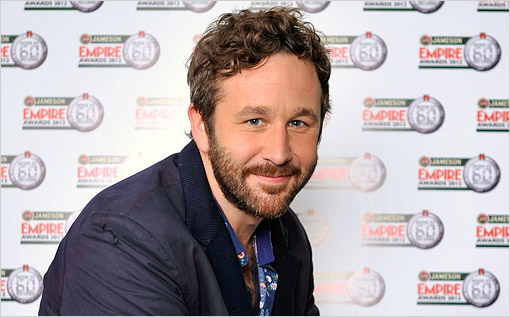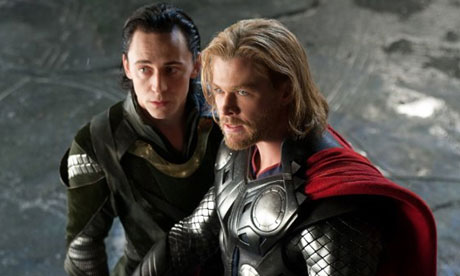That’s why Lois Lane is so perfect for him. She’s the perfect blend of firebrand, intelligent opponent and total doormat. And she’s hot.– Lois Lane as defined by “Jimmy Olsen”
Writing is hard. One of the hardest aspects of writing is evoking drama in a made-up story. Who really gives a shit if Mark Hamill has to sit in a fake plane in order to make a toy ball explode? This is where emotion comes into play: if the audience can relate to a conflict, even if it is contrived, they will be invested in that toy ball exploding. And of course, the easiest way to go about doing this is to shove into plots the greatest of all contrived conflicts: the quest for sweet, sweet nookie.
As i mentioned in another post of mine, modern Romantic fiction (and not just guy meets girl stories) was codified during the Middle Ages of Europe, with much of the coda coming from the Chivalric code. A man fights through everything from other men to Hell itself in order to prove himself worthy of his lady. It was supposedly as true for real life knights as it was for Lancelot himself. As such, this basic tenet of manliness passed on till modern times, where pretty much any “real man” in fiction has to kick ass and get laid (in either order). This sequence is especially important in the superhero genre.
Action Comics #1 (June 1938)
The golden standard for superhero love interests is Superman’s longtime girlfriend Lois Lane. Debuting in the very first issue of Action Comics, (where Superman first appeared) Lois is as old as the hero himself. Given that these were stories meant for children, their relationship was no more complex than ” Clark wants Lois. Lois wants Superman. Conflict. Ironically, she was actually more progressive than the characters she inspired in her Golden Age 1930’s-40’s appearances, being assertive and only occasionally used for “save the girl” plots.
The Fleischer Superman cartoons even had her fighting in World War 2 as a covert agent.

And the ” Baddest Bitch ” award goes to…
This characterization ceased during the “Get Back In The Kitchen!” 50’s and the rise of the Comics Code Authority, which literally had doctrines such as “The treatment of love-romance stories shall emphasize the value of the home and the sanctity of marriage“. This led to the Lois Lane who became a bane upon Superman and comics and general. She was reduced to an annoying hanger-on who’s only concern was marrying Superman.
The biggest loss for the franchise was that she ceased to even have a reason to be around anymore. Golden Age Lois served as a challenge for Clark since he had to win her over without being Superman. She was a badass character in her own right which justified her astronomical standards. Reducing her to a satellite love interest nullified that romantic conflict and replaced it with a series of ” zany ” marriage schemes. You’d think she needed a green card or something. What was even worse is that as she became more arbitrary, her prevalence in media increased, to the point where she got a whole series dedicated to her desire to bone Superman.
Batman #157 (August 1963)
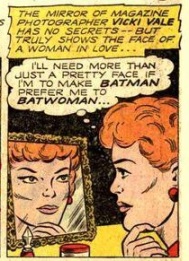 Given that Superman is the quintessential superhero, several other franchises had a Lois Lane equivalent just to keep up with the Joneses. Batman had Vicki Vale (played by Kim Basinger in the film) who was a reporter who wrote about Batman, intending to find out his identity and bone him (in either order). Oh, and she didn’t like Bruce Wayne that much. Sounds familiar? Barry Allen aka The Flash got his own model in Iris West, yet another “intrepid reporter” who couldn’t figure out his secret identity until they were already married. “Intrepid” must be old timey slang for “idiot”.
Given that Superman is the quintessential superhero, several other franchises had a Lois Lane equivalent just to keep up with the Joneses. Batman had Vicki Vale (played by Kim Basinger in the film) who was a reporter who wrote about Batman, intending to find out his identity and bone him (in either order). Oh, and she didn’t like Bruce Wayne that much. Sounds familiar? Barry Allen aka The Flash got his own model in Iris West, yet another “intrepid reporter” who couldn’t figure out his secret identity until they were already married. “Intrepid” must be old timey slang for “idiot”.
Marvel Comics dealt with this trope better in the 60’s, but still with a few Lois Lane influences. Before the arrival of plot tumor Mary Jane, Peter Parker started off with Betty Brant, who was sort of like a deconstruction of 50’s Lois Lane. She was also clingy and jealous, but instead of being played entirely for laughs, it was actually a serious relationship problem which caused him quite some grief.
The Amazing Spider-Man #15 (August 1964)
He then went on to court Gwen Stacy, who began as actually quite vain, being interested in Peter literally because he had the nerve to not try boning her.
The Amazing Spider-Man #31 ( December 1965 )
Once their relationship became settled, however, she started to become yet another satellite love interest. So much so that Marvel editors thought the most interesting thing they could do with the character is kill her off.
Journey Into Mystery
Marvel’s other flagship hero, Thor, had a love interest in Jane Foster (who was carried over into the films but more on that later) back in his ” secret identity ” days. A doctor’s assistant in his mortal form’s (Donald Blake) practice, Foster and Blake were mutually attracted, but he thought she only pitied him due to his handicap (he couldn’t walk without a cane). This was exacerbated by the fact that she was (you guessed it) also attracted to Thor, but they couldn’t consummate due to Odin’s plot-drama doctrine of “don’t let mortals know about your secret identity”. To be fair, this dynamic was interesting at times because it injected a bit of classical myth: human/god coupling is an issue in almost every religion. Nevertheless, it was dropped once Thor stopped being a part-time human all-together and rationally decided to have sex with hot god babes instead.
Following suit with Thor, most superhero franchises drifted away from the generic love interest formula moving into the next few decades. Dimensions were added to pre-existing and new love interests. Many became (with varying levels of quality) “tougher” to compensate for previous portrayals. Lois Lane, the progenitor herself, was one of the first to get her metaphorical balls back.
Man of Steel
Some ladies went the Jane Foster route and were just phased out of focus; Hal Jordan/Green Lantern’s first love Carol Ferris became more important for becoming a hero/villain (it’s complicated) in her own right. Their love affair became just one of many flings for the bachelor hero. On the darker side of the spectrum, some were used as macabre drama fodder, such the aforementioned death of Gwen Stacy. Comic writer Gail Simone dubbed this trope “Women In Refrigerators“, referencing a controversial Green Lantern story where the hero’s girlfriend was brutally murdered and…well you could probably guess…
Green Lantern #54 (1994)
Obviously a fucked up trope it is in it’s own right, many writers consider this equally terrible (if not worse) as just having a living shallow love interest.
For the most part, the role of superhero girlfriend had a decent reinvention in mainstream comics. The days where love interests bogged down superhero tales were going away…until fucking Sam Raimi’s Spider-Man (2002).
What Richard Donner’s Superman films were in the 70’s, Spider-Man was to the current generation. It reinvigorated the comic film and also set the stage for how these films will be adapted. This included how love interests would be integrated. And boy was it an awful model for it, since Mary Jane pretty much eclipses EVERYTHING in the film series. The film’s events unfold as such:
1. Peter takes a picture of MJ and gets bitten while he’s distracted
2. Peter becomes a wrestler with his new powers because he wants to buy a car to impress MJ (leading to his life-defining negligence)
3. Peter incorporates red into his costume because it’s her hair color (fuck patriotism, I guess)
4. Peter’s relationship with Harry is strained due to a love triangle with MJ
5. Norman Osborn goes on a homicidal rampage because Peter hooked up with MJ
And that’s not counting all of the damsel-in-distress nonsense. Fuck Norman Osborn; SHE’S clearly the antagonist of the film. The second film takes this even further by beginning with Peter’s voice over stating that ” She looks at me everyday. Mary Jane Watson. Oh boy! If she only knew how I felt about her “. The film basically establishes it’s premise as ” It’s all about MJ! “. Forget nuclear armageddon guys; how’s Petey going to go to MJ’s play? Is MJ going to marry that astronaut guy who we’ve never seen before? Pressing issues indeed.
While i wouldn’t say that these films necessarily caused an insistence on superhero love interests, it wouldn’t be too wild to assume that film producers, always eager to emulate the success of hit movies, saw this as an affirmation of the Lois Lane formula. This meant that every hero who had some canonical squeeze had a love story shoehorned into his film.
As mentioned before, Thor and Jane Foster’s coupling was an artifact of his secret identity days when his human persona already had a longstanding relationship with her. Yet, she’s placed in the film (albeit with a different job) as the woman he falls in love with in about three days. Once again: Asgard. Hot god babes. C’mon.
For the Iron Man films, they took Pepper Potts who he only occasionally fucks when he’s not fucking super-models or super-heroes or anything with a hole in it, and turned her a convenient satellite love interest. In contrast, in the comics she eventually married Happy Hogan (Jon Favreau’s character) until he died, so it wasn’t even like her and Tony had that serious of a relationship. And as for Nolan’s Batman films, I had no issues with the character of Rachel Dawes (who was a pretty good moral compass)…buuut then he forced in a last minute hookup with Selina Kyle that was as plausible as the end of John Hughes’ Career Opportunities (and no, I don’t expect you to get that reference).
As much as i’ve grown to be wary of love interests in comics, i’d be bereft to call them necessarily a bad thing. As i mentioned in the beginning, this trope’s defining nature is its relatability. Love is the most ubiquitious real-life concern; it’s something most people want and desire. And not everyone is necessarily smart about it. People do get obsessed with relationships and often put aside other important things in order to focus on them. And in the hands of a good writer, a love story can elevate a hero. With that being said, it’s a trope that needs moderation. If there’s a narrative point in a relationship, so be it, but it shouldn’t be a necessity for every hero. Those unfortunate stories with Lois Lane were made during a time when the country was trying to avoid certain truths. No one wanted to admit women could be independent. No one wanted to admit marriage wasn’t as great as we all believed. To some extent, we’re still thinking that way. But things are changing. And as we change, our heroes (and heroines) should too.
For more posts on Superman and DC Comics:
Superman As Defined By Lex Luthor
Flash: The Quintessential Superhero
Bat In The Belfry: Batman As A Heroic Psychopath
Superstitious And Cowardly Cops: Police Corruption In Gotham City
Ben Affleck As Batman: Why So Serious?
Three Forms Of Comedy As Seen Through Justice League
For more posts on Marvel Comics:
Spidey Tackles The Human Torch: Spider-Man As A Classic Anti-Hero
Journey of Peter Parker from Amazing Fantasy to Amazing Spider-Man
For more posts on Romance in fiction:
The Unfortunate Undeath of Chivalry: The Implication Of Romance In Hollywood
